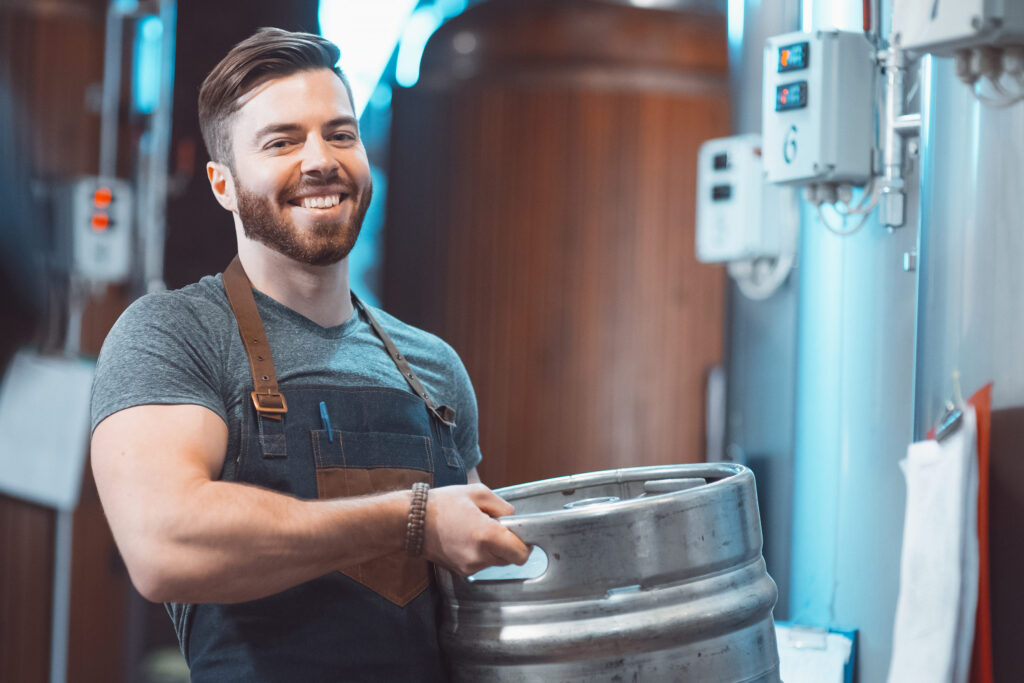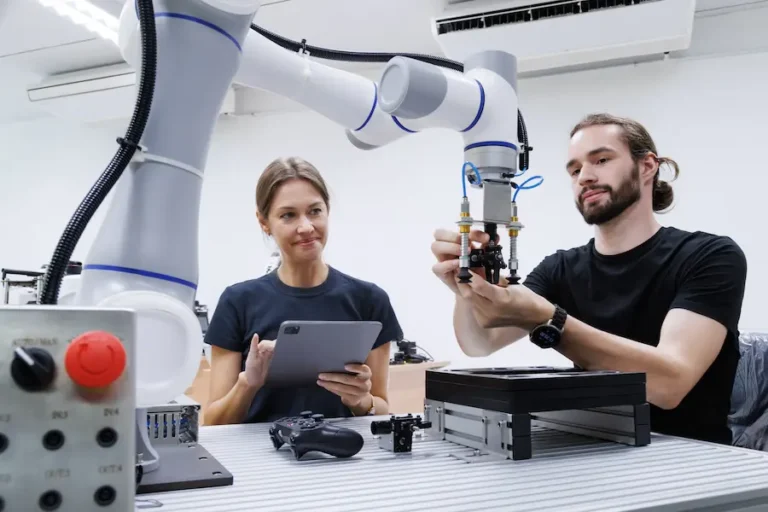If you’re a brewery, you could claim thousands of pounds in R&D Tax Credits. Now that’s something worth raising a glass to!
When hearing the phrase ‘research and development’, lots of people imagine scientists wearing lab coats and goggles.
Thankfully, this always the case.
Businesses from any industry can conduct R&D. Even a brewery developing a new beer!
A few weeks ago, GrantTree successfully filed a sizeable R&D Tax Credits claim for a brewery. We can’t say who it was (NDAs and all that). But we can say they were working to develop a range of new beers.
The brewery knew what they wanted their beers to taste like. They just needed to find the right recipes, and develop brewing procedures to make their beers consistent across different batches.
This – the creation of new knowledge on creating the intended tastes, and scaling up to production levels without losing consistency – was key.
This work qualified for tax credits, earning the brewery thousands of pounds in government funding.
How do breweries qualify for tax credits?
When figuring out whether a project qualifies for tax credits, the key is to determine whether you satisfy the government’s definition of qualifying R&D.
One of the most important elements of this definition is the concept of scientific and technological uncertainties.
Uncertainties are “points in the development process where you’re not sure how to take your project forward”.
In testing out ways to move your project forward, there’s a good chance you’re conducting R&D.
Brewers come up against uncertainties all the time when making a new brew.
As anyone who’s ever tried their hand at home brewing will know, there’s a huge amount of variables to consider and monitor.
The smallest change in pH, temperature and yeast concentration can produce wildly different results in terms of taste, ABV and colour.
This is particularly problematic when you’re trying to produce an identical product over and over again.
The whole thing gets exponentially more complicated when new ingredients are added.
This is very common these days, thanks to the skyrocketing popularity of craft beer.
Breweries are constantly trialling new recipes – adding things like vanilla or coriander – to achieve a unique taste.
How these ingredients interact with one another, and with beer’s four staple ingredients of barley, water, hops and yeast, is impossible to predict. The only way to know for sure is to brew and see what happens.
Get your hands off my beer!
Another aspect of scientific uncertainties is that you shouldn’t be able to overcome them with information that’s already available.
This is the case in brewing.
BrewDog may have taken the bold decision to reveal the recipes for more than 300 of its beers. But most established producers – with the know-how to make a consistent product – keep their recipes secret, so no one can reproduce them and make money off the back of their hard work.
Truth be told, if you’re trying to make an all-new new beer, someone else’s recipes aren’t going to be help much, anyway.
So if you want to make a new stout, DIPA or gose, and find a stable enough recipe to make it in large, commercially-viable quantities, chances are there won’t be information out there telling you how to do it.
There’s only one way to track down the taste you’re after: systematic experimentation. Measure, brew, taste, repeat.
A matter of taste
We need to make two important distinctions.
First: To be conducting R&D, you need to be working towards a specific, well-defined product. A 6% oatmeal stout with hints of liquorice, for instance.
Randomly combining ingredients doesn’t qualify for tax credits. There has to be evidence of methodical experimentation. A journey towards a predetermined goal.
Second: To qualify for R&D Tax Credits, the person heading your brewing efforts needs to be what HMRC call a competent professional. This is someone with significant expertise in brewing.
A head brewer can usually serve, here. But HMRC has high standards. The competent professional need to have extensive experience and/or qualifications in the field of brewing. They can’t just be someone with a vague interest.
All hail to the ale
Finding new recipes is one of the most enjoyable parts of brewing. But it can be a wasteful process. Ingredients are used and equipment is occupied. All without any guarantee of a return on investment.
This is why the government created the R&D Tax Credits scheme.
Encouraging breweries to create new recipes could lead to a commercial hit, meaning more tax revenue for HMRC. But a project doesn’t need to be successful to qualify for R&D. And if it doesn’t work out, your experimental work involves far less financial risk.
So, everybody wins!
Let GrantTree brew your perfect claim
If it sounds like this article is describing you, you could be eligible for R&D Tax Credits.
To find out for sure, or to see if you could be claiming even more government funding than you are already, why not drop us a line?
We offer a free consultation for anyone interested in claiming (plus free taste-testing for any beers in need of guinea pigs). Cheers!



